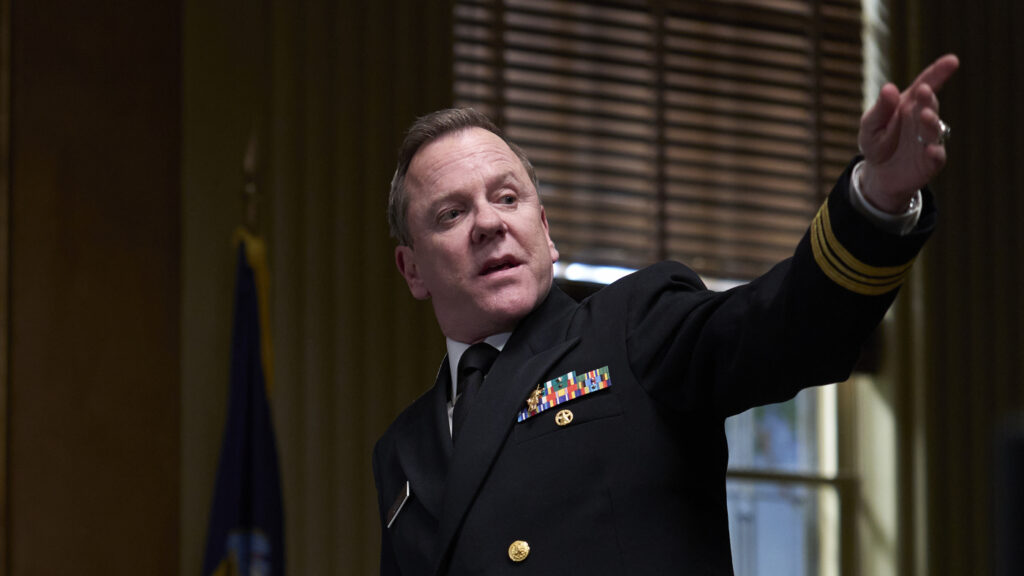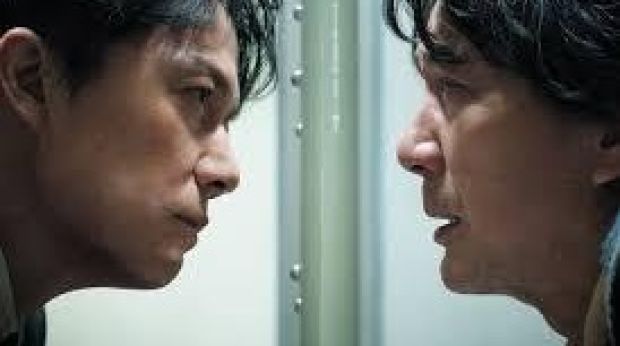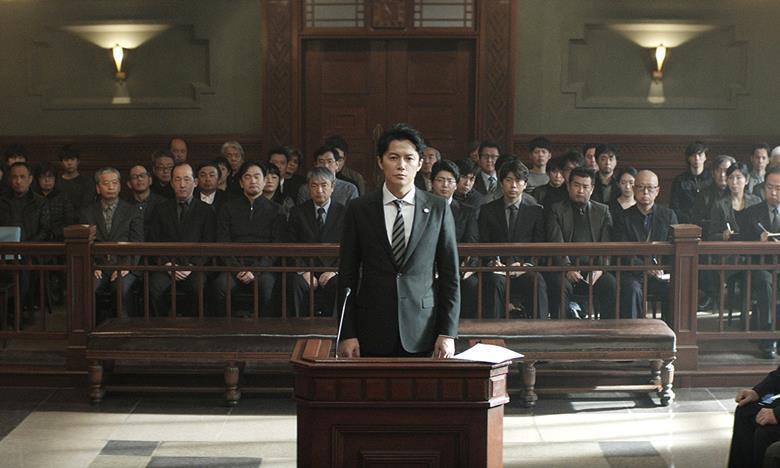
William Friedkin died in August at age 87, leaving us his final film, the gripping courtroom drama, The Caine Mutiny Court-Martial. It’s a fine film, and a suitable way for Friedkin to go out.
Friedkin chose not to remake the iconic Edward Dmytryk film The Caine Mutiny, starring Humphrey Bogart. Instead, Friedkin went straight to the original source material, Herman Wouk’s novel, and left out the scenes on the ship itself, leaving the courtroom scenes. Friedkin also reset this film in the Persian Gulf in place of WW II, which also allowed for diversification of the cast.
You’re probably familiar with the basic of the story: Lieutenant Maryk has seized command of a naval vessel foundering in a storm from his superior, Captain Queeg, alleging that Queeg’s mental and emotional condition has put the ship and its crew at risk. Back on shore, Maryk faces a court-martial for mutiny, and his lawyer has to prove that Queeg is dangerously unbalanced. You’ll enjoy this movie, even if you know what will happen at the trial and its epilogue.
The Caine Mutiny Court-Martial is a showcase for Jason Clarke who plays the defense counsel, a role more central to this film than that of Maryk or even Queeg. Clarke plays the role as a fierce advocate who never warms to his client.
Kiefer Sutherland is no Humphrey Bogart, but he does a fine job as Queeg, a man who, in the end, just can’t control his impulses. Monica Raymund is especially good as the driven and relentless prosecuting attorney, with the capacity to gather herself after an unexpected development. The prolific Lance Reddick is excellent as the judge; (Reddick died a few days after filming, and the movie is dedicated to him).
Jake Lacy (White Lotus) is good as Maryk, as is Lewis Pullman as Maryk’s fellow officer and friend of uncertain steadfastness.
I love William Friedkin, a master filmmaker and a superb raconteur, whom I once got to hear spinning tales in person after a screening. Besides The French Connection and The Exorcist, his work included To Live and to Die in L.A., Bug and Killer Joe, all of which I’ve recently featured.
Because of Friedkin’s age, the film’s insurers required a back-up director to sit at Friedkin’s side through the film shoot – just in case; that understudy director was actor Benicio del Toro.
The Caine Mutiny Court-Martial is now streaming on Showtime, which is now available with Paramount+.


